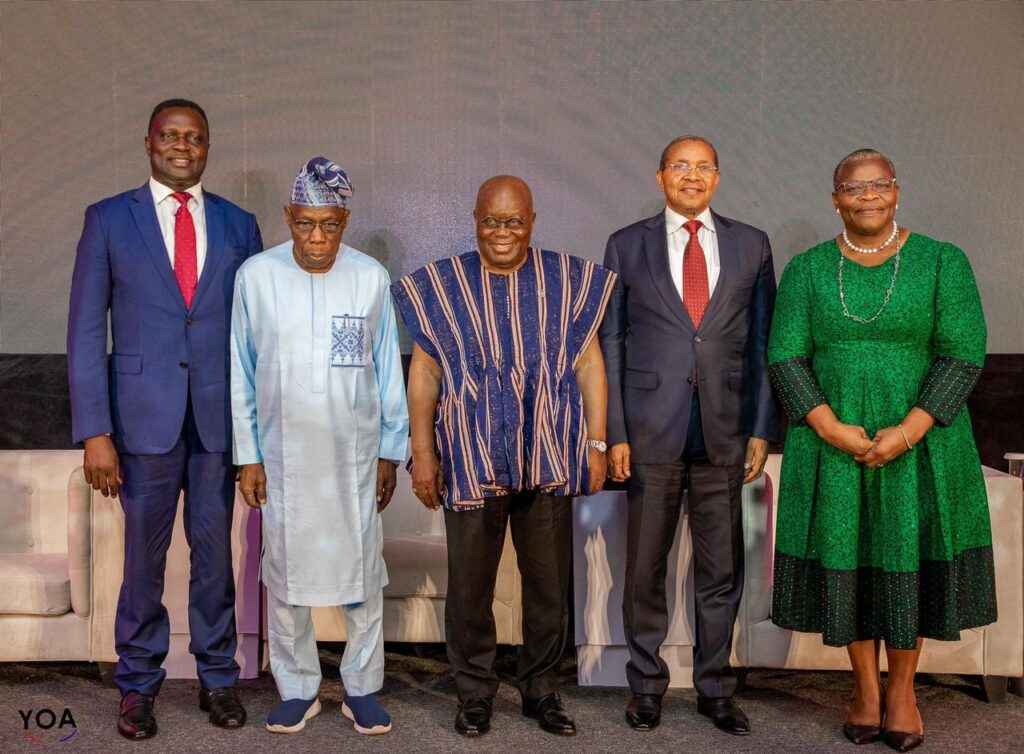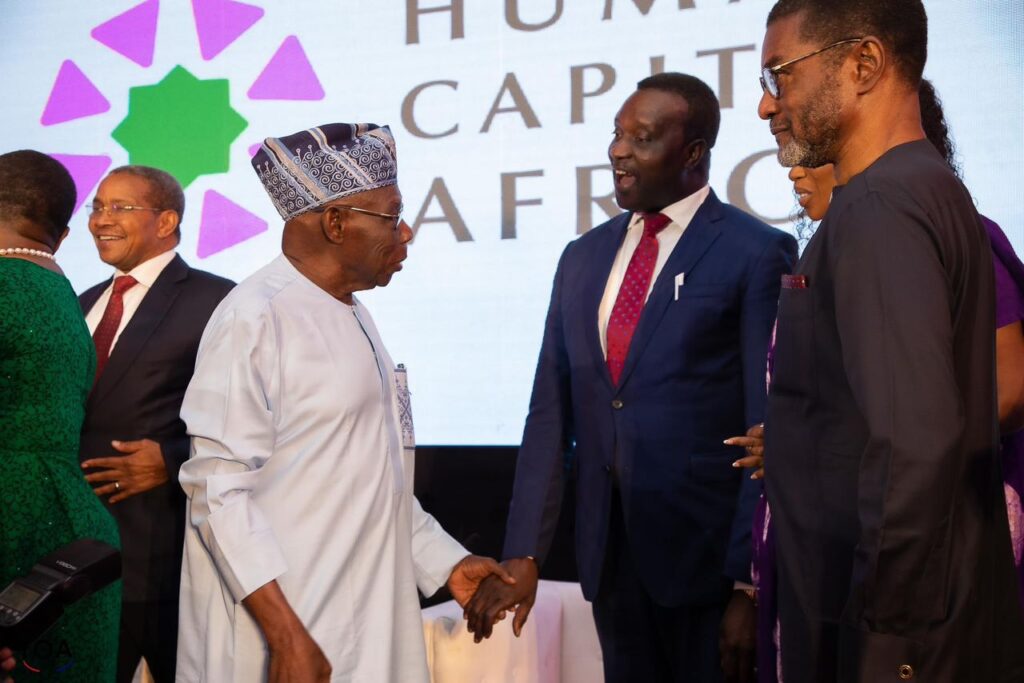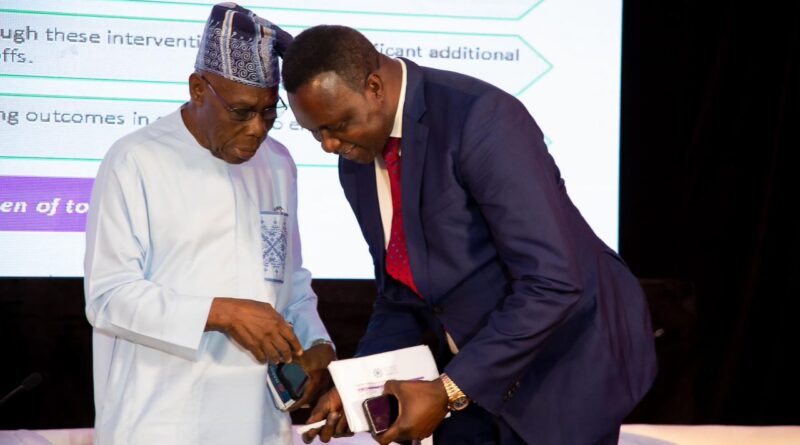Adutwum to lead African Union’s education reforms team-Obasanjo
A former President of Nigeria, Mr Olusegun Obasanjo, has announced that Ghana’s Education Minister, Dr Yaw Osei Adutwum, has been tasked to lead a team of education experts in the continent to assist the African Union’s (AU) with its education reforms initiative.
He explained that with Dr Adutwum’s experience and understanding of global education systems, leading the team of experts could help the team come out with a blueprint for the continent to get the best education that would help fight poverty and promote the development of the countries.
Mr Obasanjo who is the chairman of the African Union Educational Committee, announced this recently at a panel discussion during a Presidential Media briefing on Foundational Learning conference organized by Human Capital Africa (HCA) in Accra.
The event which had the theme” Prioritizing Foundational Literacy and Numeracy to achieve African Union Agenda 2063 goals” attracted educational stakeholders across the continent.

Some of the dignitaries who graced the conference were President Nana Addo Dankwa Akufo-Addo, Joyce Banda, former President of Malawi, Jakaya Mrisho Kiawete, former President of Tanzania and Chairperson, Global Partnership for Education, and Board of Directors, Ellen Sirleaf Johnson, former President of Liberia, representative of the African Union Commission, Aliko Dangote, Founder and President/ CEO of Dangote Group and Dr Obiageli Ezekwesili, founder and CEO of HCA, former World Bank Vice President, of the African Region,
Prioritize education
Former President Obasanjo stated that since education was about life and death there was a need for the leadership of African countries to attend to education as a life-long issue and not a short-term
He indicated that countries that do not take the issue of education seriously would find it difficult to transform their economies as well as fight poverty among their people.
The former President praised Ghana for the various interventions and initiatives put in place by the Education Ministry that are gradually shaping its economy and improving its educational outcomes.
Teacher Welfare
Mr Obasanjo challenged African countries to take a keen interest in the welfare of their teachers by paying them well and also creating an enabling environment for them to operate effectively towards empowering their students with the requisite knowledge that would shape their understanding.
Dr Adutwum, responding to a question during the panel discussion stated that there was a need for the African continent to have an education strategic plan that would have the chance of improving education of the various countries.
He explained that such a strategic plan would be able to help the nations with a specific approach to individual nations while some could emulate the best practices of countries doing well.
The Education Minister was optimistic that if all African countries come together to discuss their specific needs, it would be easy to group them for strategic planning and appropriate solutions prescribed for them.
The Founder and Chief Executive Officer of Human Capital Africa, Dr Obiageli Ezekwesili, mentioned that it was time the leadership of the African continent had a critical look at foundational learning which was very critical for a good foundation towards quality education.

She appealed to all stakeholders to come together to support education development on the continent and said that it should not be left in the hands of only politicians.
Dr Ezekwesili lauded the various funding institutions the world over who were working very hard to support the development of education in various countries.
Background
Mr Olusegun Obasanjo, the former President of Nigeria, has played a significant role in African Union (AU) education initiatives.
He has been a strong advocate for education and has emphasized the importance of investing in human capital for Africa’s development.
Mr Obasanjo’s presence at the conference was informed by his conviction for leadership of the African countries to have a second look at the role of education in their transformation.
END

